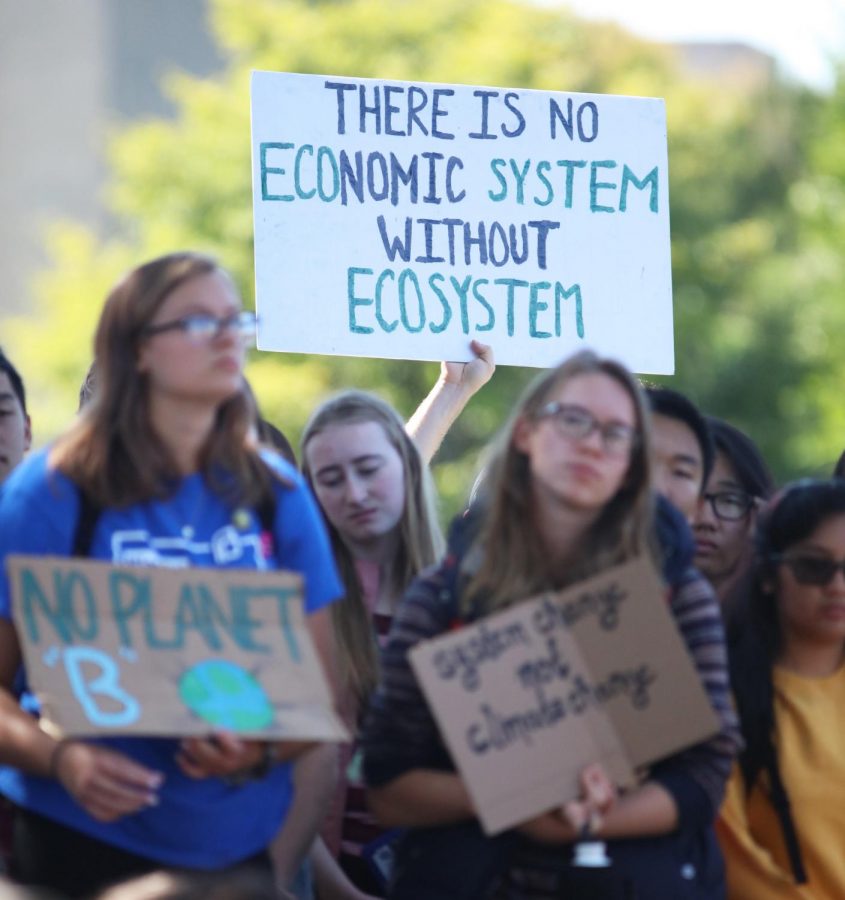The death and disruption from the coronavirus pandemic has brought a number of questions to the forefront of the nation’s conscience. How strong is the American health care system? How far will Trump supporters go in risking their lives to “reopen” America? And on the more positive side, with much of the global economy at a standstill, how much pollution has decreased?
But coronavirus has also raised a foreboding question about the long-term health of the planet: Is the continued neglect of the environment a breeding ground for another pandemic – one much worse than COVID-19?
Considering how the virus started, the answer to that question appears to be yes. Coronavirus is now believed to have originated from animal hosts in China, making it the newest in line of a series of deadly viruses that have recently jumped from animals to humans, including HIV, Ebola, Zika, Hendra, SARS, MERS and the bird flu. A recent study from Stanford University identified deforestation and other human encroachments on nature’s biodiversity as factors that increase the likelihood of this kind of transmission from animals to humans. UN environmental chief, Inger Andersen, has warned that “humanity [is] placing too many pressures on the natural world with damaging consequences,” and leading scientists have cautioned that there are so many unknown deadly diseases in the wildlife, that our exploitation of the natural world is tantamount to “playing with fire.”
Climate academics and activists have been saying for years that a relationship with the environment that prioritizes corporate interests above the preservation of natural resources will hurt everyone, with those most marginalized being hit the hardest. Now, coronavirus is confirming these fears.
If we want to protect our future, and that of our loved ones and communities, we must do more. Climate justice is not just a matter of using more reusable shopping bags or driving fewer miles. The deeper issue is one of power and resources, where the rich use far more energy than the poor, and, as one New York Times article points out, those with more power “have constructed systems that make it nearly impossible to live lightly on the earth.”
Our current model of living where land is “used” rather than “cared for” is unsustainable and ignores how deeply interconnected we are to the environments we call home. Ways of living that acknowledge this interdependence of humans and nature are not utopian or primitive. They have been practiced by Indigenous communities for centuries, who contribute very little to greenhouse emissions and yet are among those most harmed by climate change. We must learn from organizations such as the Indigenous Environmental Network which rejects the “financialization of Nature,” and advocates for the transition towards a “low-energy society with sustainable, clean and renewable energy,” free of wasteful patterns of over-production and over-consumption.
Global crises such as coronavirus can be catalysts for change as they show how much of “normal life” was a crisis situation in progress, and how much is actually possible when push comes to shove. Initiatives such as the Green Stimulus Proposal which takes a holistic approach to creating sustainable green jobs and accelerating a just transition off fossil fuels will help make our society and economy more resilient in the face of a future pandemic, recession or climate emergency. Samantha Killgore, a spokesperson for the environmental-advocacy group Protect Our Winters, said in one article that, “In the past, policy makers have said, ‘If we need to move away from the fossil-fuel economy in ten years, that’s not possible.’ But look at what we’ve done in the last three weeks.” Notably, China’s sudden halt in industrial manufacturing caused nearly a 25 percent drop in carbon emissions just this February.
As Emma Maris said in a pre-social distancing New York Times article, solving the climate crisis and preventing (or at least being better prepared for) a future pandemic is not about who can make the greatest personal sacrifice. It’s about working as a collective and “electing the right people, passing the right laws, drafting the right regulations, signing the right treaties — and respecting those treaties already signed, particularly with indigenous nations. It will be solved by holding the companies and people who have made billions off our shared atmosphere to account.”
Jennie Moss is a Collegian contributor and can be reached at [email protected].



















Becky Ikehara • May 2, 2020 at 8:44 am
Thank you for your thoughtful and articulate analysis of these current issues of anthropogenic climate change, global health, and American inequality. We all need to continue working for a sustainable planet and a more just and healthy society.